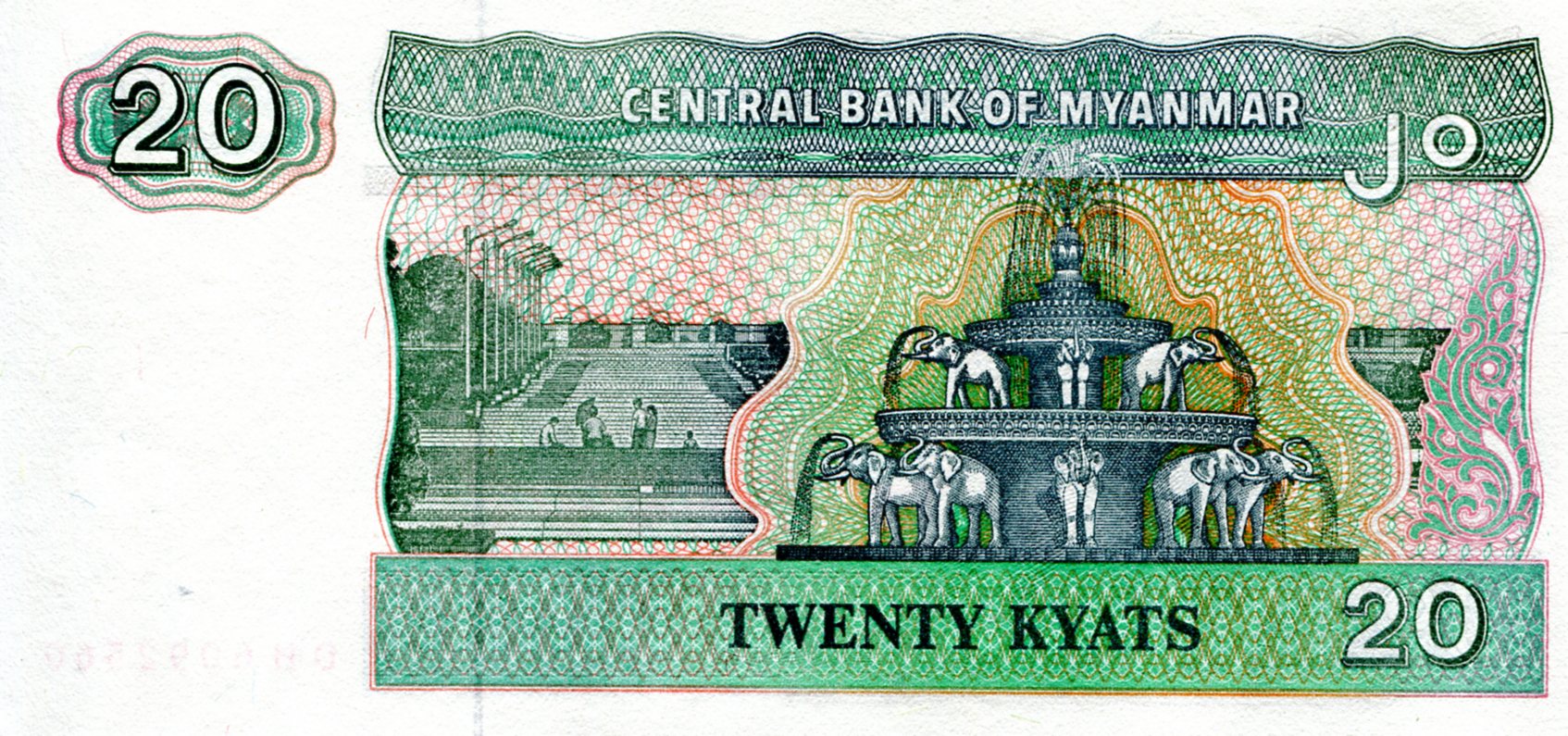Heavy rain early this morning. I woke at 3 or so and cracked the window slightly so I could hear it as I fell back asleep, like I might do in the spring. Later, I was up to make sure the outside drain and inside sump pump were working, as I might do in the spring. They were.
Seems that we got an warm edge of what ought to have been a blizzard — snow that in fact hit Michigan and Wisconsin and Iowa, essentially an arc around the Chicago area. A storm that the Weather Channel, in its annual silliness on the subject of winter storms, insists on calling by a name, “Jaxson.”
The book I took to Mexico was Finding George Orwell in Burma by Emma Larkin (revised edition, 2011). Nothing like reading about a different country when you’re in different country, and the more different, the better. Burma certainly qualifies as very different from Mexico and, sadly for the Burmese, mostly in bad ways. Previously I’d only had a sketchy idea of how repressive the Burmese government has been for a long time (from what I’ve read, things are somewhat better now. Maybe). Though not writing a polemic per se, Larkin describes the totalitarian aspects of Burma very clearly.
“Burma’s surveillance machine is frighteningly thorough and efficient,” she says at one point. “It consists of a number of departments that come under of the Directorate of Defense Services Intelligence, known informally in Burmese as MI, for ‘Military Intelligence.’ MI’s mandate is vast: to monitor the entire Burmese population. It concentrates on obvious threats to the regime, which includes the armed forces themselves, and targets anyone who has ever criticized the government openly, NLD members, and foreigners both in the country and out. In short, everyone is being watched… in some towns the surveillance mechanism operates at the neighbourhood level, with MI minions filing daily reports to central bureaux… This method of control is highly effective: Big Brother really is everywhere.”
The mention of Big Brother is fitting, because the book is as much about Orwell and his works as Burma. Larkin structured the book as a bit of travel writing, in the sense that she visited places in Burma where Orwell lived as an imperial policeman, and writes about these places and her visits, but it’s much deeper that most travel pieces. She’s been visiting Burma for years and knows it well. She also knows Orwell and his works well, including Burmese Days, which naturally is discussed at length.
I didn’t realize, for instance, that the original publisher made Orwell change certain details, the better to hide the identities of people he’d based his Burmese Days characters on. Later, after the British had bugged out of Burma and all the colonials Orwell knew were dead, the details were changed back in more recent editions.
Sometimes, like standard travel writing, Larkin describes what she sees, and is pretty good at it: “I walked up Limouzin Street,” she writes of the town of Moulmein, where Orwell’s mother was born into the Limouzin family, who were important enough to have a street named after them. “It was a tidy street with a smooth tarmac surface and tin-roofed houses tucked away behind low white walls. Here and there unruly fronts of orange bougainvillea spiked over the fences and on to the pavement. A row of manicured bushes ran along the base of a pagoda wall. As I strolled up the slight incline I heard the faint sounds of radio music seeping out from some of the houses, but I didn’t meet a single person.”
Using the travel structure, Larkin was able to write thoughtfully about both Orwell and Burma, and how living there might have affected his thinking and writing. She also recounts meetings with various Burmese, and what they have to say about how wrong things have gone under military rule, presumably changing their names and all important details, so they don’t end up in some torture cell. In fact, I’ve read that “Larkin” itself is a pseudonym, presumably so she can not be kicked out of Burma when she goes there, or simply not allowed in.
On the whole, it was a good book to read when traveling. A good book might not be as important on the road as your passport or money, but I’d say it’s up there with clean underwear or broken-in walking shoes.

